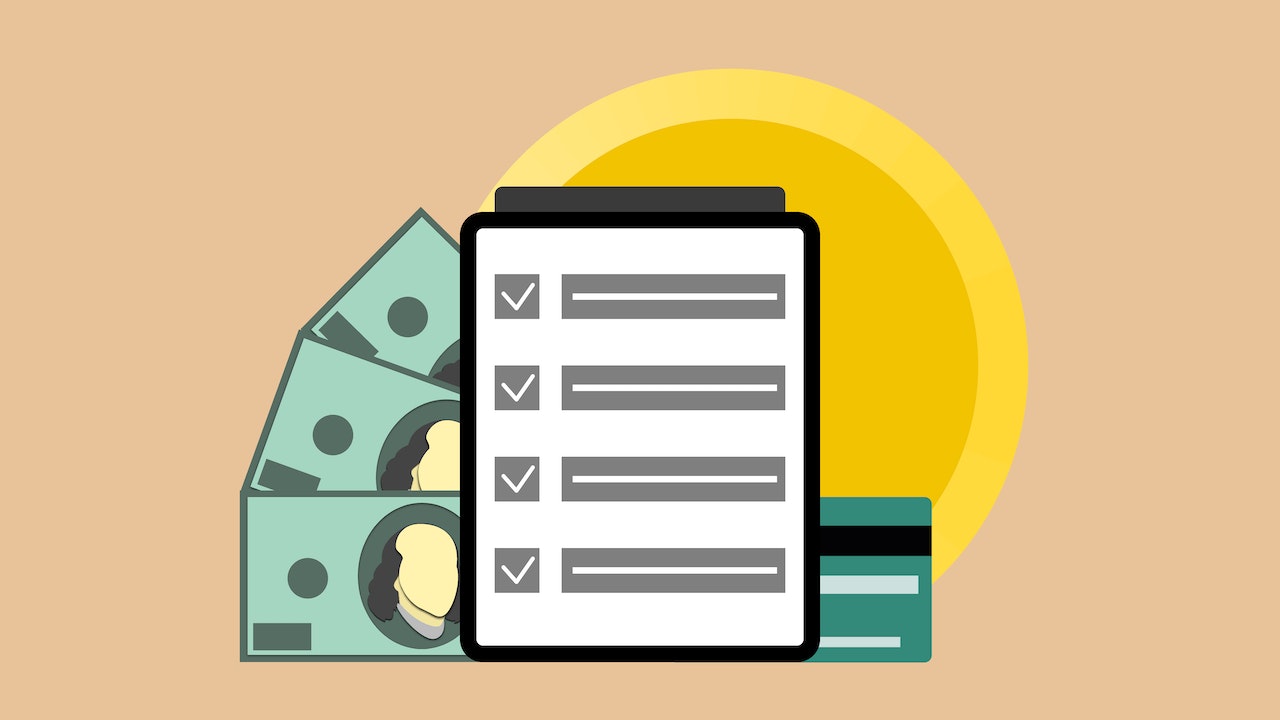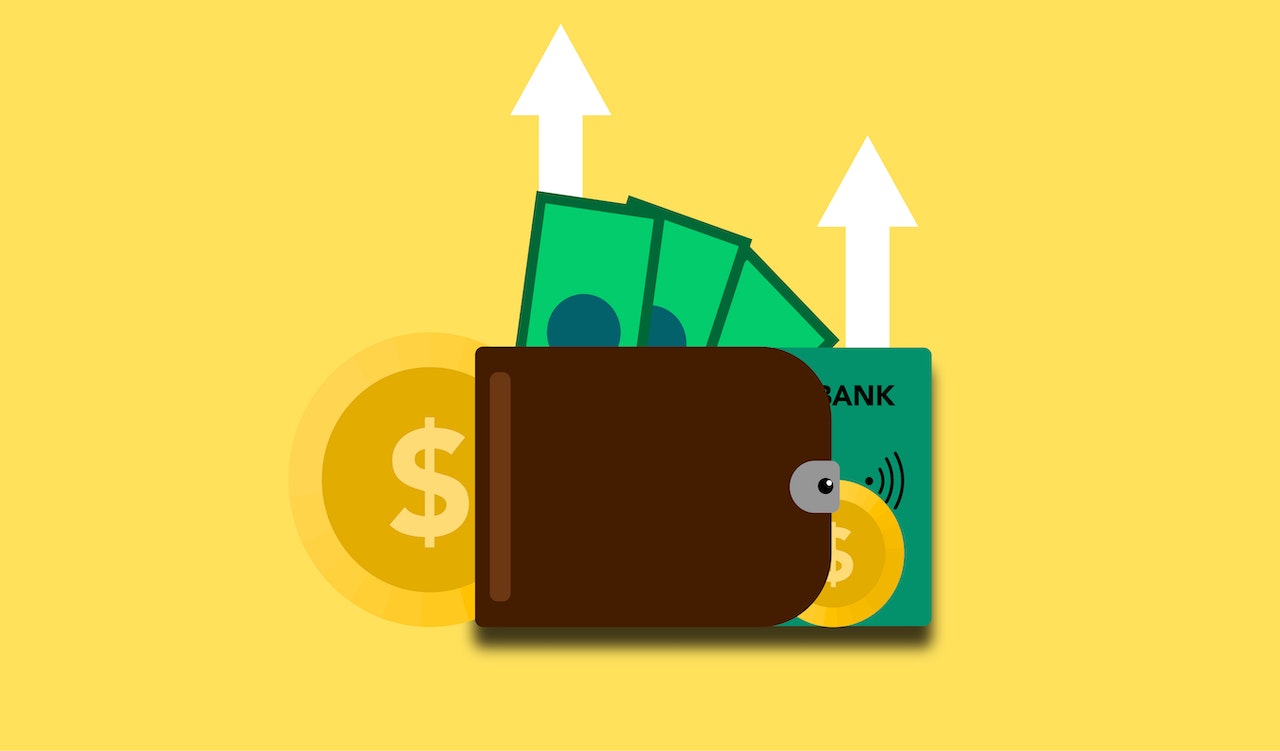A line of credit is a concept similar to that of getting a loan. A bank and a borrower agree on the amount that can be borrowed and the line of credit in this amount is approved by the person in question.
However, while the borrower can raise this amount without any further questions, they don’t really have to take the whole amount. Instead, they can just take what they need and be on their way.
Later on, if they feel the need for more, they can just take some more, as long as they don’t exceed the maximum loan amount.

1. Line of credit or a loan
The allure of a line of credit can sometimes be too seductive. This is why a lot of people lack conviction that they’ll be able to restrain themselves once they are presented with this financial option.
After all, being able to raise more money than you need can be quite dangerous, for obvious reasons, which is why some people prefer to get a traditional loan.
On the other hand, those who want to return as little as possible, yet, also fear that their estimate of the money needed may be inaccurate are probably better off with a line of credit.
2. Personal or business loan
One of the first questions that you have to answer is whether to look for a personal or a secured business line of credit.
Keep in mind that a lot of entrepreneurs finance their startups from personal means, which is why this question isn’t nearly as clear-cut as you may have expected it to be. Moreover, getting a line of credit instead of just outright applying for a loan is handy for several different reasons.
First of all, it gives you the flexibility of handling operational costs, as well as a chance to improve your cash flow at a moment’s notice.
3. Improving your credit score
In order to get approved for a more favourable line of credit, you need to have a good credit score. However, in order to do so, you must first understand what a FICO score is.
This is a number that is assigned to you based on factors like your credit history, the number of loan types owed and several other things in order to make an estimate of how trustworthy you are in the eyes of potential lenders.
Sure, some lenders may not insist on the credit score but it is always handy to keep yours high enough just in case.
4. Line of credit and credit score
Perhaps the first question that the majority of people will immediately ask is whether a line of credit can be used to improve your credit score.
While this is possible, you need to keep in mind that a late payment can significantly lower your credit score. The higher your score is, the more severe a drop will be for a single late payment.
For instance, if you have a 780 FICO score, a single late payment can drop it by as much as 80 or 100.

5. Use reminders
One of the problems with a line of credit is the fact that you simultaneously pay it off and make withdrawals, which can make some people quite confused about where they stand when it comes to their total debt.
Also, there is an increased risk of missing a payment, some of which we’ve mentioned in the previous section. This is why you ought to make a calendar and enhance it with reminders. This way, you’ll ensure that you are never behind schedule.
6. Secured or unsecured
The next thing you need to understand is the fact that there are two types of lines of credit, secured and unsecured.
Secured lines of credit are the ones that you get by using collateral as a guarantee or by using some other trend, like a co-signer. On the other hand, for an unsecured loan, all you have to do is find a specialized lender or a platform and check the terms.
Also, it is quite important that you determine whether you want a personal or a business loan and carry on from there. Provided that the latter is the case, you can just look for unsecured business loans online and check out if their terms meet your expectations.
7. Doing the research
Those who believe that they know what to expect when applying for a line of credit might be surprised to see just how many different offers there are out there.
Applying for credit from a first lender out there is definitely not a good idea. Especially in this day and age where there are so many lenders out there and the majority of them are proud to display their offers online.
This is why you need to do your research before applying.
8. The danger of misleading a lender
There are some people who try to mislead the lender in order to get more favourable terms.
Keep in mind, nonetheless, that this is not always a viable option, seeing as how you’ll also be asked to present all the necessary documentation in the form of financial and support documents for your business.
Once you are discredited in the eyes of the lender, you’ll find yourself in a much worse scenario than you were in before.

9. Applying on time
Previously, we’ve mentioned the danger of applying before you can do your research, however, you shouldn’t postpone the application for too long, either.
Keep in mind that gathering the necessary paperwork might take a while and it may also take some time for your application to be approved. Therefore, if you have the deadline (the time by which you absolutely must have your funds), you need to apply on time.
10. Not having a clear use for the credit
Lastly, you need to know exactly what the money is for, even before you apply. Failing to do so might cause a problem of a different sort.
Namely, if you don’t have every single dollar of the credit already planned out, you’ll be tempted to spend money elsewhere.
As you can see, whether or not you should apply for a line of credit or a traditional loan is quite situational. A lot of it, however, depends on your preparedness and expectations. Both of these things, however, are under your full control.
Diana Smith is a full-time mom of two beautiful girls interested in the latest SEO and social media news.

